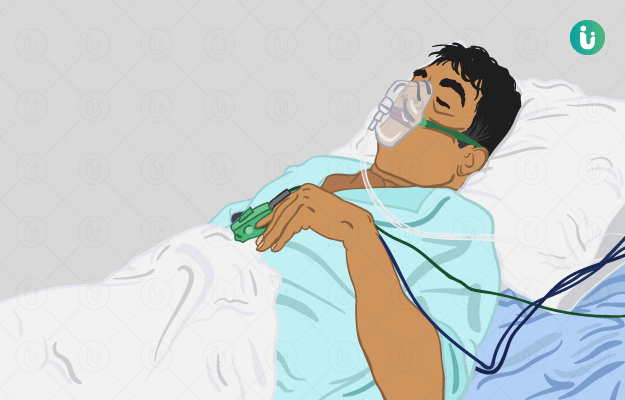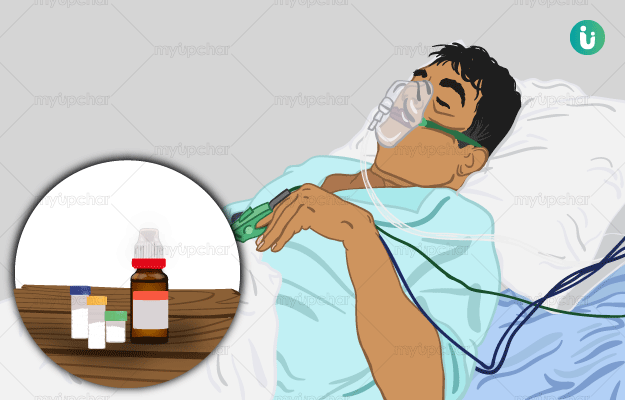What is paralysis?
Paralysis is a condition in which there is a partial or total loss of movement of some or all the body parts. It occurs as a result of a miscommunication of signals between the brain and the muscles of the body. It can be due to diseases, such as polio, nerve disorders or other causes.
What are its main signs and symptoms?
The major symptom is an inability to move some or all parts of the body. The onset can be sudden or very slow. The symptoms may be intermittent. The main affected parts include:
- Facial area.
- Upper limbs.
- One upper or lower limb (monoplegia).
- One side of the body (hemiplegia).
- Both the lower limbs (paraplegia).
- All the four limbs (quadriplegia).
The affected parts of the body may appear rigid or floppy, lack sensation or may sometimes be painful.
What are the main causes?
The underlying causes of paralysis are many and can be temporary or lifelong. The main causes include:
- Sudden weakness of one side of the body (stroke or transient ischaemic attack).
- Paralysis for a short span after waking or before falling asleep (sleep paralysis).
- Due to an accident, nerve damage or brain injury.
- Facial paralysis (Bell’s palsy) due to lesions in the brain.
Common reasons for paralysis include:
- Injury to the brain or spinal cord.
- Stroke.
- Multiple sclerosis.
- Polio.
- Cerebral palsy.
- Brain or spinal cord tumour.
How is it diagnosed and treated?
Paralysis may be primarily diagnosed by the symptoms. Based on a physical examination, the physician may diagnose the type of paralysis as well. Imaging techniques, such as MRI and CT scan, may be used to obtain the detailed images of the brain and spinal cord, and tests to analyse nerve conduction may be carried out.
There are no specific drugs given. Paralysis management generally depends on the underlying cause. Non-drug methods include:
- Physiotherapy: to increase strength and improve muscular mass
- Moving aids: wheelchairs and braces can help the patient move about freely
- Occupational therapy: to help with day-to-day tasks
Paralysis is a condition that can reduce the quality of life and lower the person’s self-esteem. It, therefore, requires proper care and support.

 Doctors for Paralysis
Doctors for Paralysis  OTC Medicines for Paralysis
OTC Medicines for Paralysis
 Paralysis articles
Paralysis articles

 Ayurvedic Treatment of Paralysis
Ayurvedic Treatment of Paralysis
 Homeopathic Treatment of Paralysis
Homeopathic Treatment of Paralysis







 Dr. Rachita Narsaria
Dr. Rachita Narsaria

 Dr. Laxmidutta Shukla
Dr. Laxmidutta Shukla











